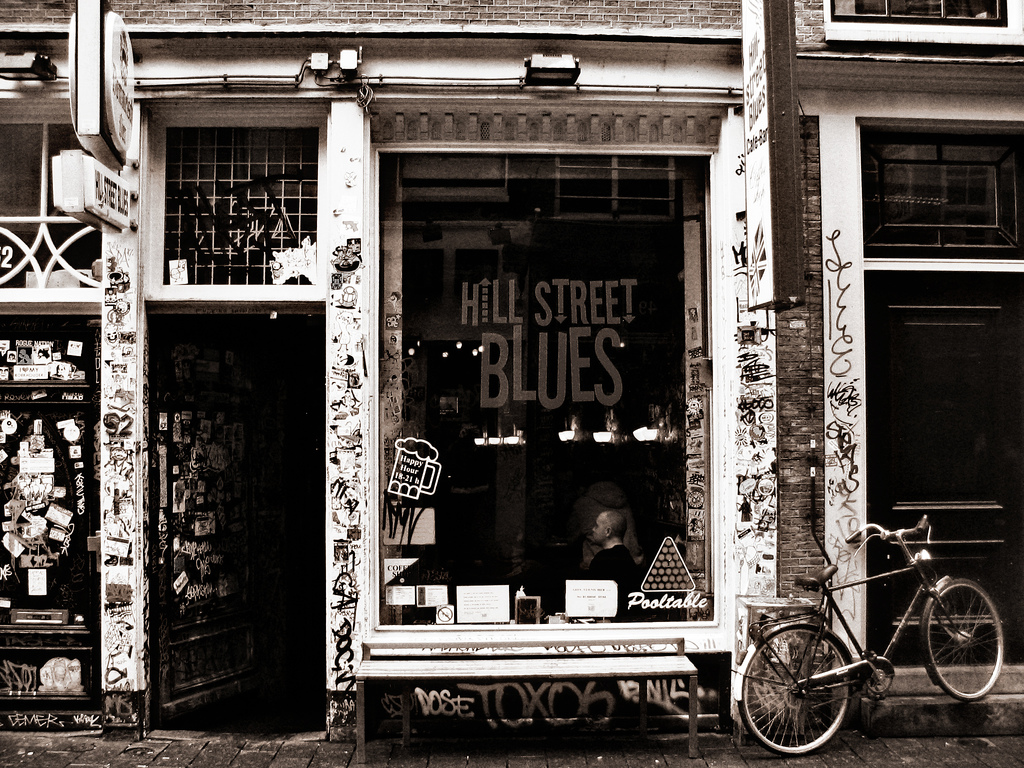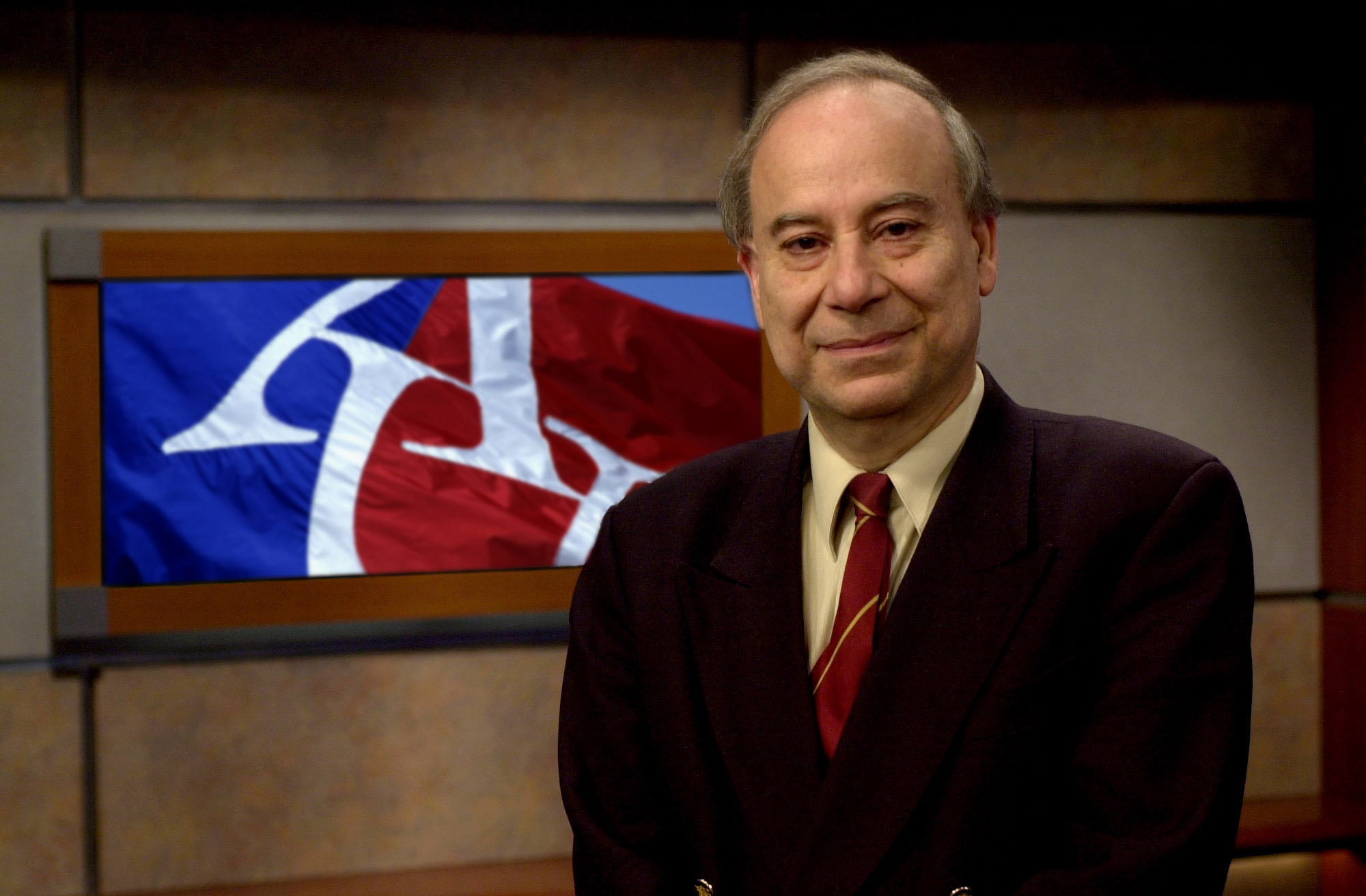
Newsweek is out this week with an interesting piece about changing marijuana policy in the Netherlands. Entitled, Holland’s New Marijuana Laws Are Changing Old Amsterdam, the article describes how new policy guidelines and the reclassification of what defines “hard drugs” are resulting in higher prices, lower quality product, potential losses of millions in revenue, and the closing of a third of the nation’s notorious coffee shops. There’s something smarmy about the piece, though, as it wraps with an undue celebration of American progress on the pot front.
While cannabis has technically never been legal in the Netherlands (the nation’s hands have been tied by international treaties often drafted and pushed by the United States), authorities have always turned a blind eye to personal sales, allowing a semi-regulated grey market to establish itself and providing Amsterdam with the edgy reputation its enjoyed for decades. Now things are changing:
Cannabis with more than 15 percent of the THC that makes it intoxicating is now under consideration to be reclassified as one of the “hard drugs” that come with stiff penalties. The government has also forced coffee shops where marijuana is sold to choose between alcohol and pot, prompting many to choose the former. Amsterdam once played host to nearly 300 coffee shops, of more than 1,000 scattered across the country. There are now fewer than 200 in the city and only 617 nationwide…
New laws target even the smallest of marijuana growers in Holland. In the past, people could grow up to five plants without fear of retribution. In 2011, the government issued new police guidelines and declared anyone who grew with electric lights, prepared soil, “selected” seeds or ventilation would be considered “professional.” It’s a significant change, as professional growers risk major penalties, including eviction and blacklisting from the government-provided housing in which more than half of the country’s citizens reside.
The result: Coffee shops are increasingly buying buds from criminal organizations willing to absorb the risk of prosecution by growing large amounts of cannabis in shipping containers buried underground, with little regard for quality or mold abatement. “It’s amazing how bad the quality has become,” says Bergman. “And the price is up. It’s what we’ve all predicted.
The piece goes on to blame this harsher approach to drugs on the European wave of right-wing political victories, as well as pressure from other European nations:
Some trace the backlash to 9/11. The world’s global panic about terrorism in the wake of the attacks on New York City and Washington led to a surge in the power of conservative political parties in places as far away as the Netherlands. Ever since Holland’s People’s Party for Liberty and Democracy began to consolidate influence here, its leaders have pushed for zero tolerance drug laws…
Other factors influencing the government crackdown are pressure from outside nations, especially France, which has pushed the International Narcotics Control board [sic] to sanction Holland for violating international treaties on drug laws with its permissive pot policy.
The writer then notes the obvious hypocrisy in France’s stance, quoting a local cannabis activist in stating, “the rate of marijuana use is twice as high in France as it is in the Netherlands,” before closing the piece in a self-righteous Go-USA moment celebrating our own recent successes at decriminalization:
Now, activists like Bergman are trying to convince Holland to consider the American model—the legalization and regulation of all components of marijuana cultivation and sale. Citing Oregon’s law, which allows residents to grow as many as four plants, Bergman says: “I’m sort of jealous.”
That’s because America seems to be learning from Holland’s mistakes. Holland’s passive-aggressive policy doesn’t stop illicit activity or drug tourism or make anyone safer, say activists: It actually has the reverse effect. Quasi-legalization leaves too many entry points for criminals to line their own pockets from the drug trade. State by state, the U.S. is legalizing pot with initiatives that clearly spell out who is allowed to manufacture, distribute and consume it. That’s the key to a successful policy, and it’s one Dutch activists are now working to implement in their own country, before things swing too far the other way.
Not so fast there, Newsweek! While what’s happening here in the US is absolutely something to celebrate, it’s not exactly fair to lord over the nation that has acted as the world’s progressive and bawdy escape in the face of extreme criticism from around the world and, especially, America. As recently as 2009, The Guardian was lamenting our stance within the United Nations as we “continue[d] to veto anything other than zero tolerance in international drug policy.” And that International Narcotics Control Board that France is pushing to sanction Holland? Founded and funded by the US (since 1929!) by way of the League of Nations and the UN. In a paper entitled, The secret of world-wide drug prohibition, Queens College Sociology Professor, Harry G. Levine, writes:
In the 1930s, the U.S. helped write and gain acceptance for two international anti-drug conventions or treaties aimed at “suppressing” narcotics and “dangerous drugs.” In 1948, the new United Nations made drug prohibition one of its priorities, and the U.N. Single Convention of 1961, and a series of subsequent anti-drug treaties, established the current system of global drug prohibition.
And then there are the public comments made by American officials. Writing during the Bush administration, New York Times columnist John Tierney wrote about the common message being sent directly to the Dutch from our government:
The czars have preferred to criticize from afar. In the past, they’ve called Dutch drug policy “an unmitigated disaster,” bemoaning Amsterdam’s “stoned zombies” and its streets cluttered with “junkies.” Anti-pot passion has only increased in the Bush administration, which has made it a priority to combat marijuana.
It just so happens that while America seems to be getting its head straight regarding drug policy–sentencing reform in addition to the slew of marijuana legalization bills–the Netherlands is moving backwards. We’ve probably had a lot to do with that. Don’t gloat so much, Newsweek.




Leave a Reply